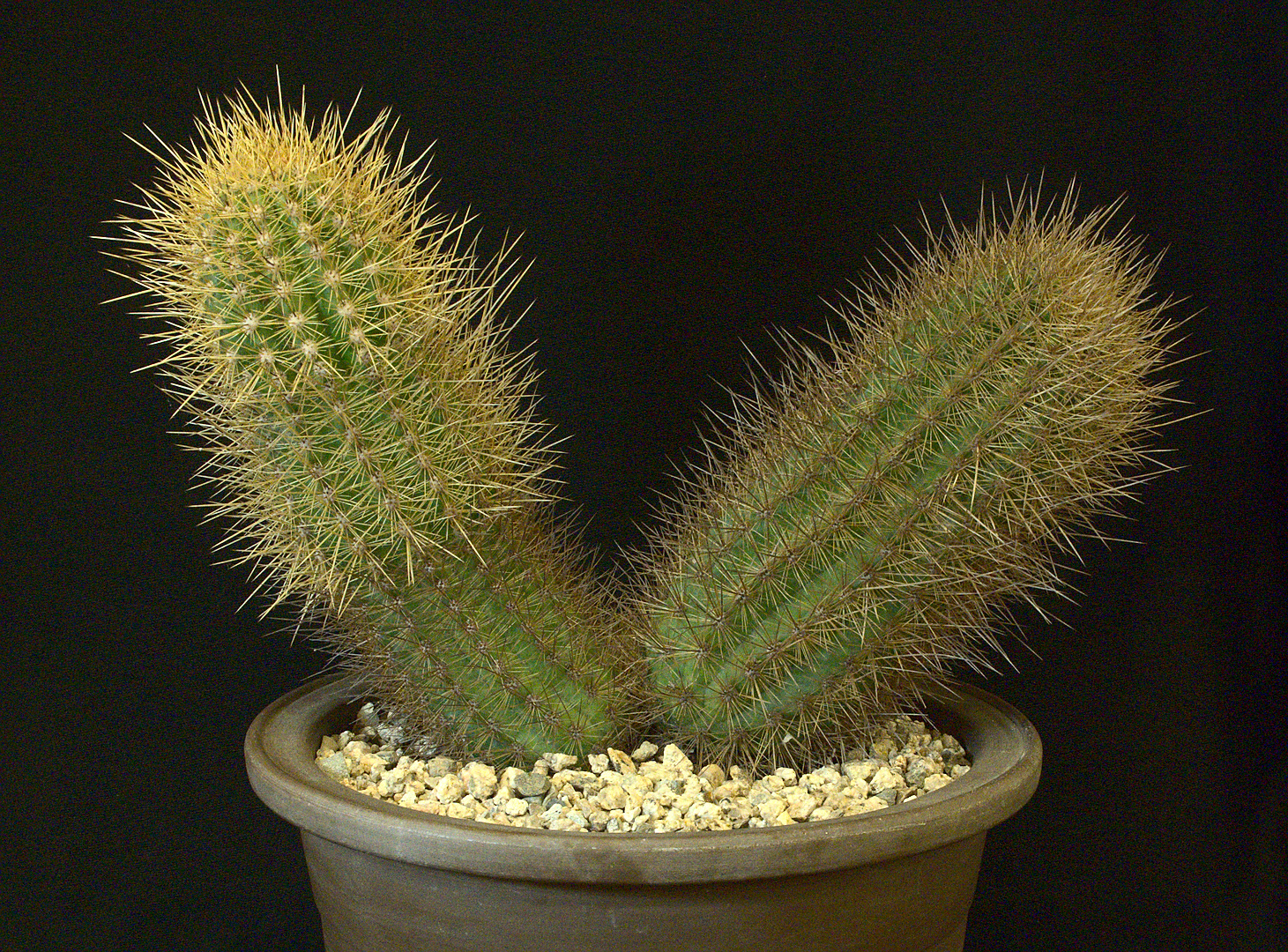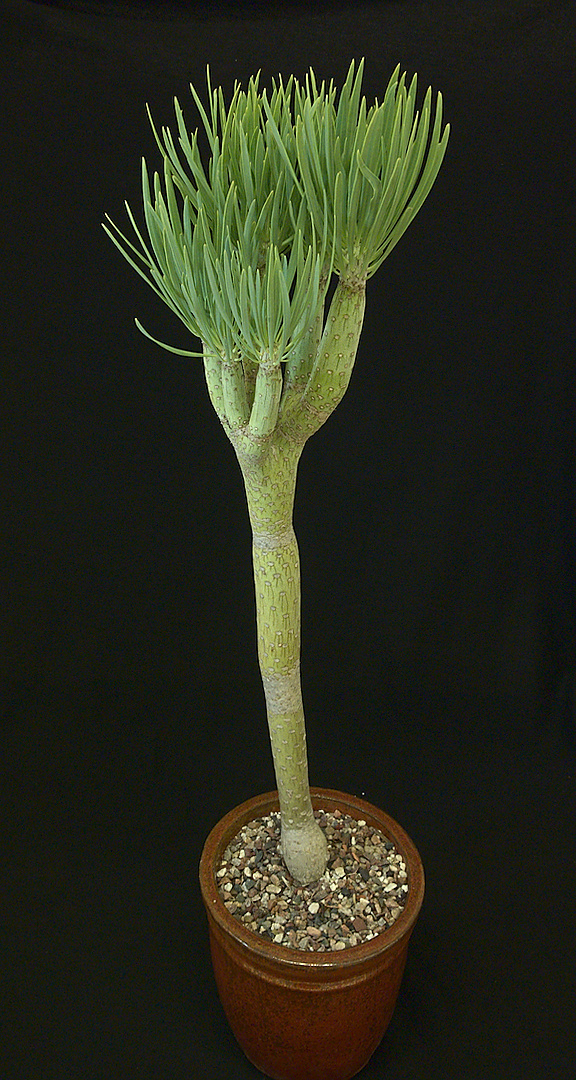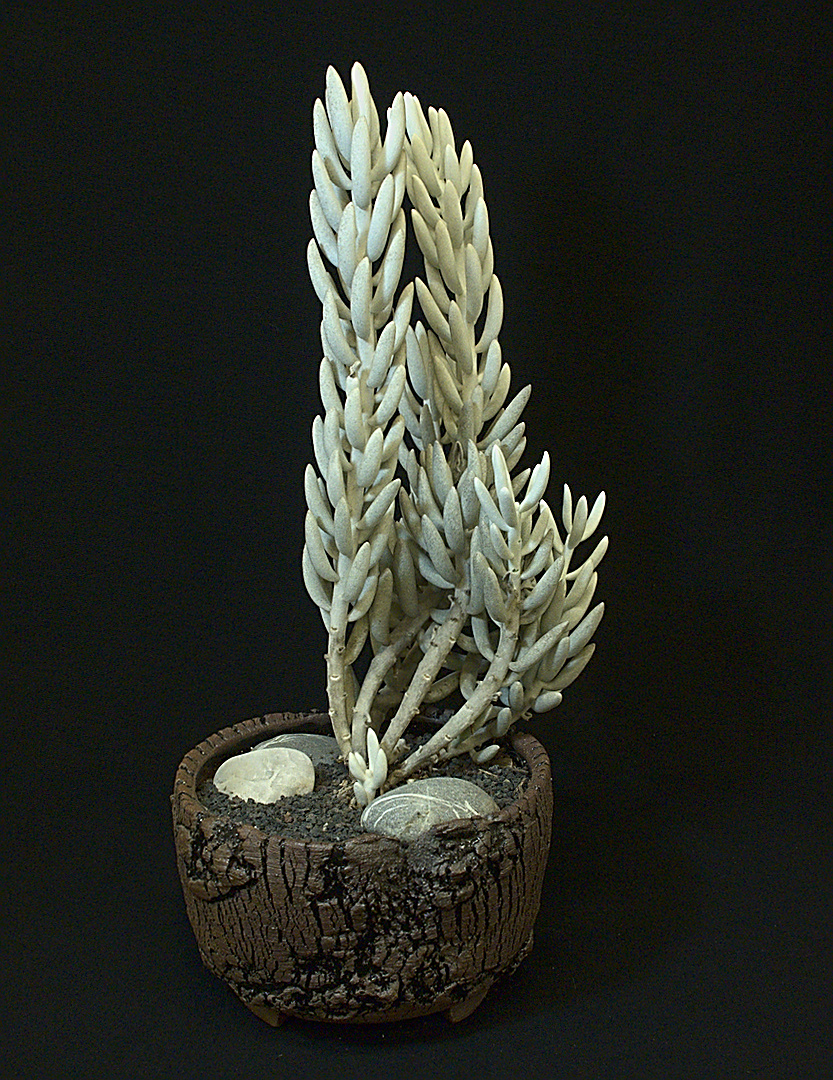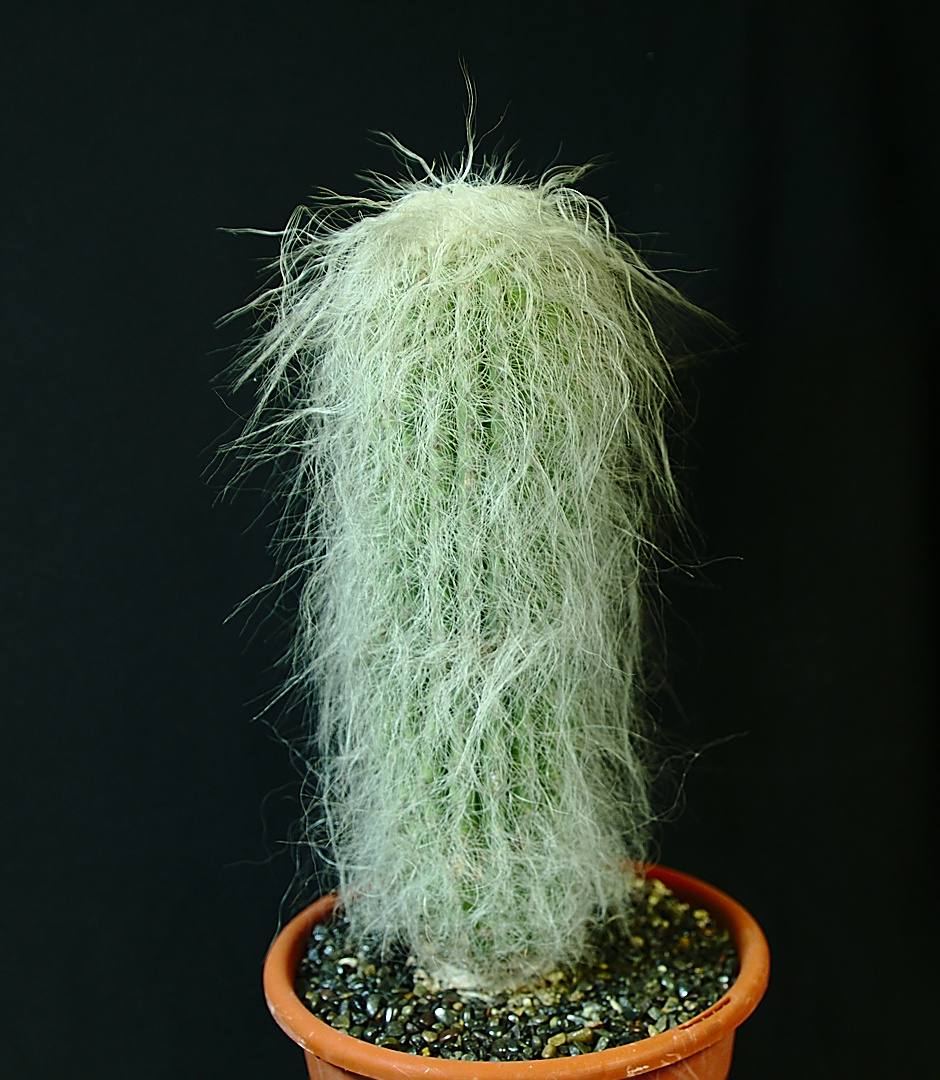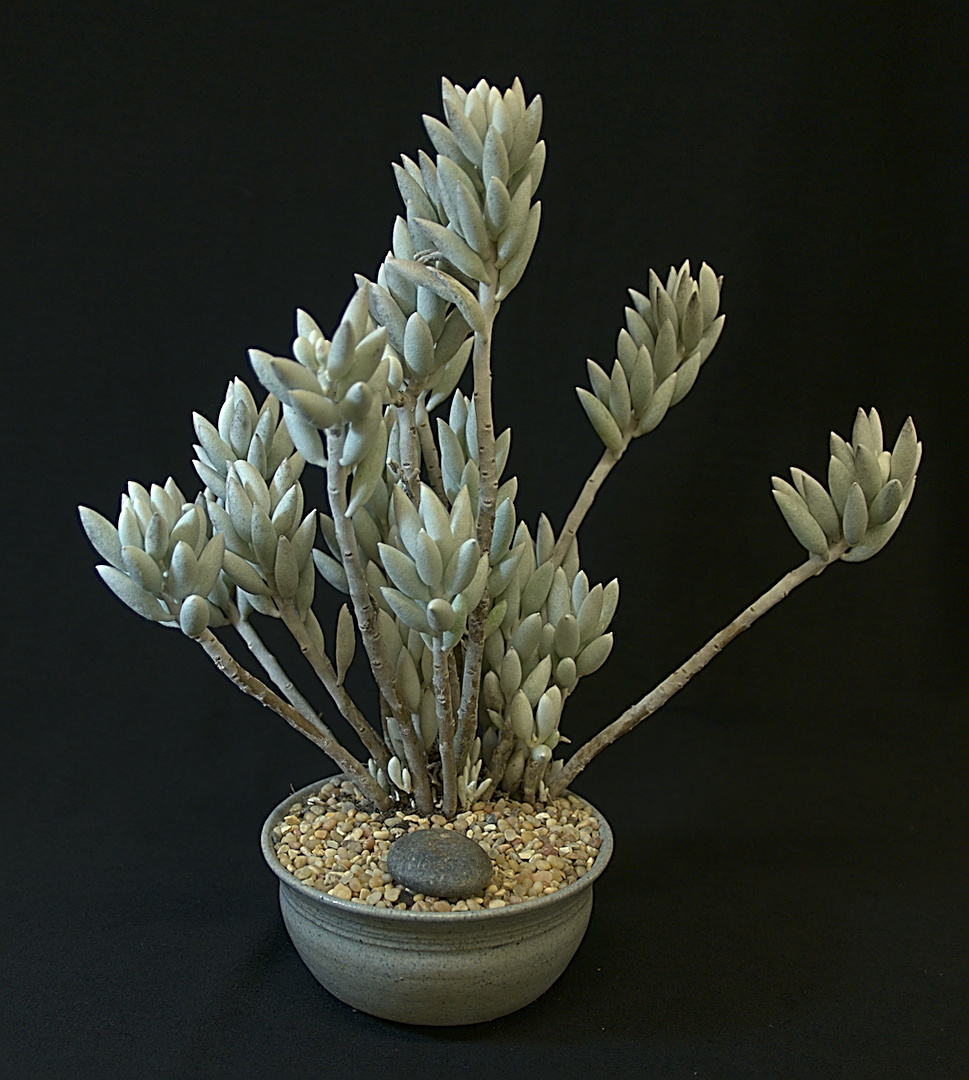Mini-Show Results November 11, 2018
Cactus of the Month: North American Columnar Cacti (Saguaro, Cereus, etc.). Succulent of the Month: Senecio.
Photography by: Mike Short
Results submitted by: Jim Tanner
Open Cactus
1st: Maria Capaldo – Pachycereus orcuttii
2nd: Phyllis DeCrescenzo – Cholla
2nd: Gary Duke – Pilocereus royenii
3rd: Maria Capaldo – Pachycereus orcuttii
Open Succulent
1st: Laurel Woodley – Senecio sp. nova
2nd: Phyllis DeCrescenzo – Senecio cuneatus
2nd: Phyllis DeCrescenzo – Senecio longiflorus
3rd: Laurel Woodley – Senecio scaposus
Intermediate Cactus
No Entries
Intermediate Succulent
1st: Sally Fasteau – Senecio haworthii
2nd: Bernard Johnson – Senecio barbertonicus
3rd: Sally Fasteau – Senecio scaposus
3rd: Bernard Johnson – Senecio haworthii
Novice Cactus
2nd: Nancy Mosher – Cephalocereus senilis
Novice Succulent
1st: Ted Johnson – Senecio haworthii
2nd: Ted Johnson – Senecio serpens
2nd: Coni Nettles – Senecio crassissimus
3rd: Coni Nettles – Senecio scaposus
3rd: Coni Nettles – Senecio ‘String of Bananas’
LATIN LOOKUP – Loquerisne Latine (Do you speak Latin)?
The meanings of latin plant names on this page – from http://davesgarden.com/guides/botanary/
- barbertonicus [bar-ber-TON-ee-kus]
Of or from Barberton, Mpumalanga (South Africa). - Cephalocereus [sef-uh-low-KER-ee-us, sef-uh-low-SER-ee-us]
From the Greek kephale (head) and Cereus (a genus of cactus), referring to the woolly head on mature specimens. - Cholla [KOL-luh]
From the Mexican vernacular name for Cylindropuntias (Cholla). - cuneatus [kew-nee-AH-tus, kew-nee-AY-tus]
Wedge-shaped. - haworthii [hay-WOR-thee-eye]
Named for Adrian Hardy Haworth, 19th century British botanist. - longiflorus [lon-jee-FLO-russ]
Long flower. - orcuttii [or-KUT-ee-eye]
Named for Charles Russell Orcutt, early 20th century American plant collector in the western desert areas. - Pachycereus [pak-ee-KER-ee-us, pak-ee-SER-ee-us]
From the Greek pachys (thick) and cereus (cactus). - scaposus [ska-POH-sus]
Having many scapes (leafless flower stalks). - Senecio [sen-ek-ee-o , sen-NEESH-shee-oh]
Latin form of old man refers to hairy parts of flowers. - senilis [SEE-nil-is]
Of an old man. - serpens [SUR-penz]
From the Latin word for snake, possibly referring to the creeping habit or distinctive markings on the flowers.
